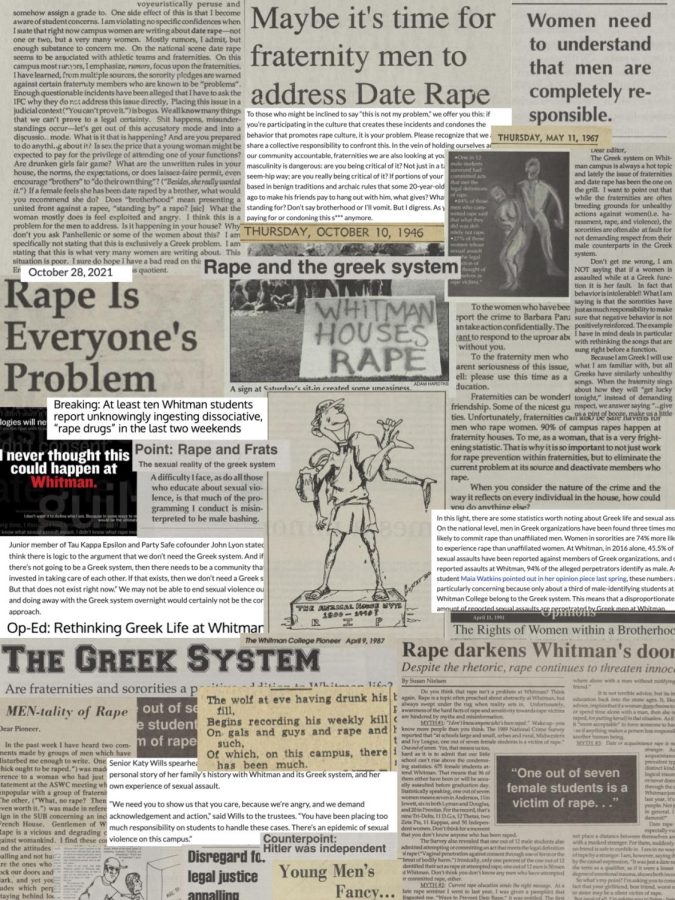EDITOR,
Bryant Fong thinks that lowering the minimum wage will help “save the economy.” He’s certainly not the first person to make that claim nor, as long as conservative economists continue to publish textbooks, will he be the last.
But he’s dead wrong.
Fong’s analysis derives from the old laissez-faire fallacy that economic growth requires forgetting the dignity of work and of workers. We should see past this false choice: living wages are not obstacles to growth. In fact, they’re the true measure of a healthy and equitable economy.
Take my home state: Oregon has one of the highest minimum wages in the country and in 2002 enacted a law ensuring that the minimum wage rises annually with the cost of living. Businesses, particularly restaurants and farms, predicted disaster. Since 2002, Oregon has had more non-farm job growth, more increases in farm income, and lower menu price inflation than the national average (Oregon Center for Public Policy 2007). The lesson? Businesses don’t rise and fall based upon the extent to which they can exploit their workers through lower wages and duck their societal obligations through lower taxes. The economy is way more complicated than that. If you need further evidence, see the encyclopedia entry under “Bush, George W.; economic policies of.”
Who does the minimum wage help? Fong claims that most minimum wage recipients are high school and college students. Tell that to the people who serve you at the restaurants and bars around town or to the people who work at Wal-Mart over in College Place or to the people who plant and harvest the wheat, corn, beans, asparagus, tomatoes, berries, and potatoes that grow all over the state of Washington. And what about high school and college students? Fong seems to be under the assumption that students don’t need the money. Tell that to the many Whitman students for whom a few cents an hour is the difference between paying rent and not, between paying tuition and not, between eating vegetables and eating ramen.
Taking from workers and giving to corporations is not a short cut to saving the economy. In this economic downturn: caused in part by policies that helped bankers and CEOs instead of average Americans: we should be talking about building a fairer economy which recognizes that low and middle income workers are the engine of real growth; about fixing a broken health care system that burdens both employees and employers; about building a world in which all workers earn a decent, living wage; not about getting a late start chasing China in the race to the bottom.
– Nick Dollar ’10


Russ CP • Mar 12, 2009 at 5:04 pm
Great article!